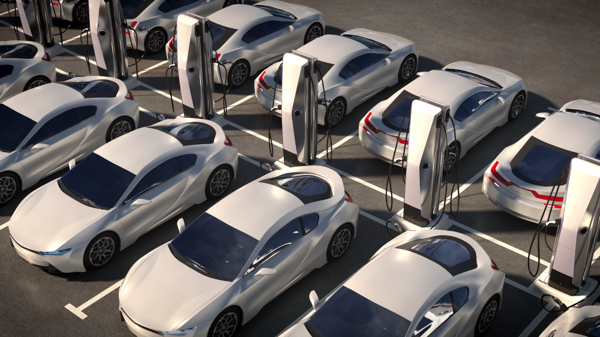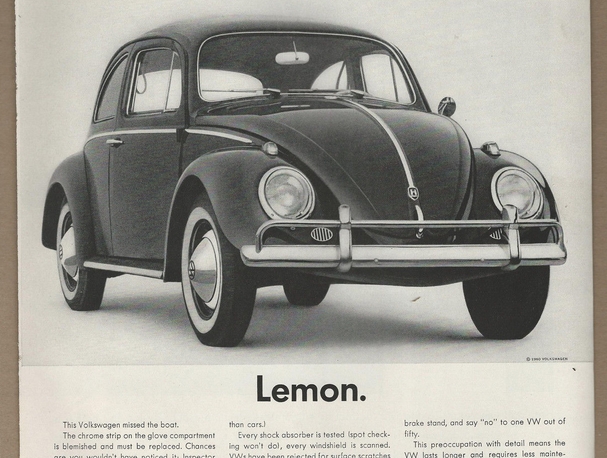Study: EV owners have BIGGER CARBON FOOTPRINTS than traditional car owners
10/08/2024 / By Laura Harris

Research from the University of Turku in Finland has revealed that average electric vehicle (EV) owners have larger carbon footprints than internal combustion engine vehicle (ICEV) owners.
The Finnish study surveyed nearly 4,000 Finnish on car ownership, housing, transport and lifestyle habits to calculate carbon emissions, and found that EV drivers generate an average of 8.66 tons of carbon dioxide (CO2) annually compared to owners of ICEV who only produced 8.05 tons.
Interestingly, the research revealed two distinct groups of EV owners: those focused on the economy and reliability of their cars and those who prioritize performance. The environmentally conscious drivers in the first group only generate 7.59 tons of CO2 annually. However, those in the performance-focused group create an average of 10.25 tons of CO2 annually, almost double that of non-car owners, who contribute about 5.75 tons annually.
The study attributes these high emissions levels to the luxurious and high-consumption lifestyles of wealthier EV owners.
The study suggests that income is one of the strongest predictors of carbon footprint. Higher income typically leads to larger homes, more frequent travel and greater consumption – factors that significantly increase a person’s overall contribution to climate change. Nearly a quarter of all EV-owning households in the study had a monthly income of more than £6,250 ($8,201), while the average household income in the U.K. is just £2,875 ($3,772). (Related: Analysis: Biden-Harris EV mandates could cost the U.S. 123,000 auto manufacturing jobs.)
Additionally, EV owners typically had more vehicles and reported significantly greater driving distances compared to those with petrol or diesel vehicles. On average, EV users drove 18,640 miles (30,000 km) annually – more than twice the 8,800 miles (14,200 km) driven by non-EV drivers.
2020 Oxfam report: Wealthiest 10% of global population responsible for more than half of emissions
This new study has been backed by a 2020 Oxfam report, titled “Confronting Carbon Inequality,” which revealed that the wealthiest one percent of the global population was responsible for more than twice as much carbon pollution as the poorest 50 percent between 1990 and 2015.
The report, conducted with the Stockholm Environment Institute, analyzed carbon emissions linked to different income groups during 25 years marked by rapid emissions growth.
According to the findings, the wealthiest 10 percent accounted for 52 percent of the emissions from 1990 to 2015, with the top one percent contributing 15 percent. This figure surpasses the total emissions of all European Union citizens and more than double that of the poorest half of humanity, who were only responsible for just seven percent.
“The over-consumption of a wealthy minority is fueling the climate crisis yet it is poor communities and young people who are paying the price. Such extreme carbon inequality is a direct consequence of our government’s decades-long pursuit of grossly unequal and carbon-intensive economic growth,” said Tim Gore, Head of Climate Policy at Oxfam and author of the report.
He also warned of a rapid rebound in emissions as Wuhan coronavirus (COVID-19) lockdowns ease, potentially depleting the global carbon budget by 2030 if carbon inequality remains unchecked.
“Simply rebooting our outdated, unfair, and polluting pre-COVID economies is no longer a viable option. Governments must seize this opportunity to reshape our economies and build a better tomorrow for us all. Governments must curb the emissions of the wealthy through taxes and bans on luxury carbon such as SUVs and frequent flights. Revenues should be invested in in public services and low carbon sectors to create jobs, and help end poverty,” Gore said.
Visit RoboCars.news for similar stories about electric cars.
Listen to the Health Ranger Mike Adams talking about electric cars and the “green energy” myth in the clip below.
This video is from the Health Ranger Report channel on Brighteon.com.
More related stories:
Michigan auto workers blame Biden-Harris EV mandates for industry job cuts.
Aussie journalist reveals EVs are a COMMERCIAL FLOP in the Land Down Under.
Volvo abandons goal of becoming pure electric carmaker as demand for EVs plunges.
EV sales in Germany plummet as government subsidies disappear.
Sources include:
Submit a correction >>
Tagged Under:
big government, Bubble, Collapse, economic collapse, economic riot, economics, economy, electric cars, electric vehicles, EVs, green living, Green New Deal, products, risk, robocars
This article may contain statements that reflect the opinion of the author
RECENT NEWS & ARTICLES
COPYRIGHT © 2017 BUBBLE NEWS




















